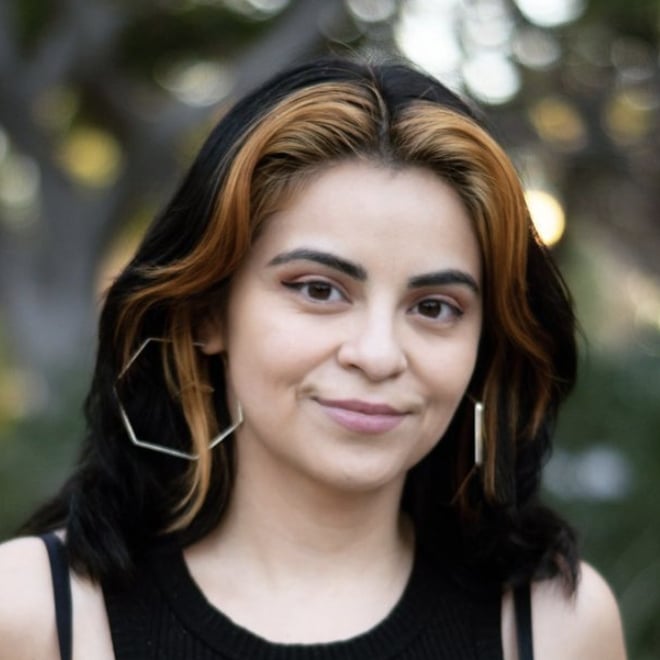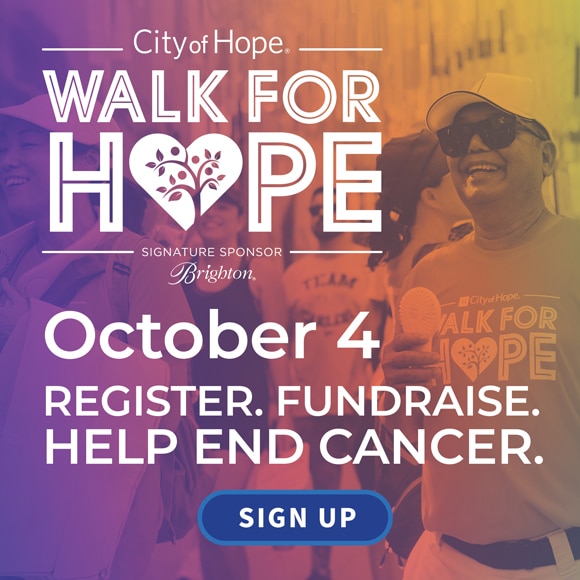The nutrient deficiency that led to an alarming discovery
Fact checked by Jim Lacy
I almost died this year — not metaphorically, but from a real-life gut bacterial infection that nearly killed me while I was undergoing chemotherapy.
Let me back up. I was diagnosed with colorectal cancer in June 2024. A few months later, I underwent resection surgery that removed a 7-centimeter tumor along with other fused organs, including my uterus, fallopian tubes, and one ovary.
In August 2024, I began chemotherapy to target the remaining cancer cells in my lymph nodes. That marked the start of a slow, steady decline in what is meant to be the body’s primary defense against infection — the immune system.
One thing they never tell you about cancer: When you’re not actively dying of the disease itself, the treatment can nearly kill you.
In late October, I developed a 103-degree fever. I already had two hospital stays: one for surgery and another for an infection that inconveniently overlapped with my 35th birthday.
But as I pulled into the emergency room parking lot this time, I knew something was different — worse. The night before, I had excruciating nausea, like an invisible hand squeezing the inside of my abdomen. I chalked it up to regular chemo side effects and tried to sleep it off.
By morning, it was clear thatthese weren’t typical symptoms.Even the ER staff seemed to treat my arrival with more urgency than before. Whatever they saw in my bloodwork sent them scrambling.
One nurse, hurriedly starting an IV drip, told me my potassium level was 1.7 — the lowest she or anyone on staff had ever seen.
I learned a lot in that hospital room. I learned how little I truly understood about nutrients and how they support health.
At the time, I didn’t grasp the severity. I didn’t know that a healthy adult’s potassium level should be between 3.6 and 5.2. Potassium seemed like an easy fix — more bananas, maybe? I already ate potassium-rich foods such as avocados, carrots, potatoes, meats, and yogurt.
But potassium wasn’t my only problem. My magnesium levels were also critically low, and, more troubling, my body had stopped retaining essential nutrients altogether.

The cause: C. diff, short for Clostridioides difficile — a gut bacterial infection that can cause diarrhea and colon inflammation. Common in people on antibiotics, it can sometimes be fatal.
And so began the longest hospitalization of my adult life.
During those two quarantined weeks, Halloween came and went. The Los Angeles Dodgers won the World Series. Donald Trump won the election — as if I weren’t sick enough already. Meanwhile, my body fought to stabilize its electrolytes before I could go home.
I learned a lot in that hospital room. I learned how little I truly understood about nutrients and how they support health. I realized that every body is a delicate ecosystem with unique needs to thrive.
Essential electrolytes — potassium, magnesium, calcium, sodium, chloride, phosphate, and bicarbonate — regulate everything from fluid balance to blood pressure. In my case, they were also key weapons for fighting cancer.
I was lucky I went to the hospital when I did. Low potassium can cause cardiac arrest, respiratory failure, and kidney damage. Magnesium deficiency can trigger nausea, vomiting, tremors, muscle spasms, and abnormal heart rhythms.
Oddly enough, I don’t remember anyone warning me about these risks before treatment. Since then, I’ve made it my mission to caution others — and to encourage people to pay closer attention to their nutritional intake.
I no longer focus solely on eating what’s considered healthy. Now I focus on what’s healthy for me. What is my body telling me? What symptoms are showing up? Our bodies are always speaking to us — symptoms are just the language they use.
So I ask you: What is your body telling you it needs today? Listen carefully, even if you’re not on chemotherapy.
Photo at top: Michelle Zacarias. Photo by Donzel Leggett II
Originally published in the Fall 2025/Winter 2026 print issue.

Michelle Zacarias (she/her) is an award-winning journalist and queer Latina storyteller from Chicago. For over a decade, she has reported on issues related to politics, civic engagement, LGBTQIA+ issues, access justice, and state-sanctioned violence. Michelle currently resides in Southern California, where she works as a reporter for CALÓ News and serves as a UC Berkeley Local News Fellow.














